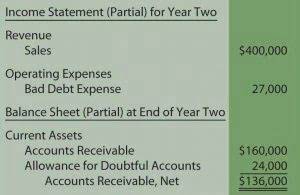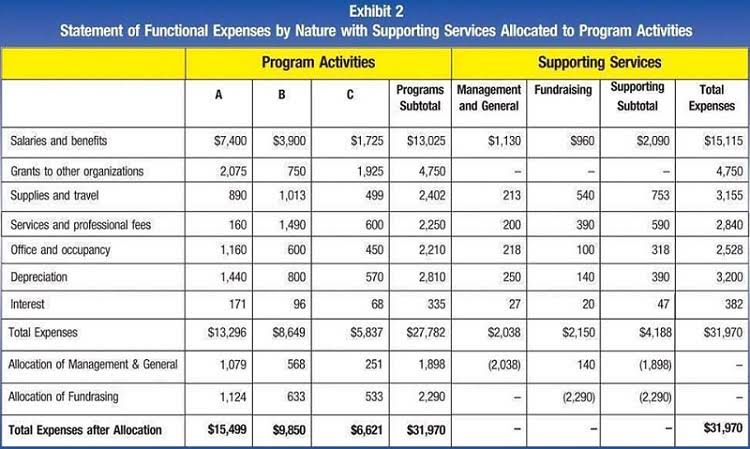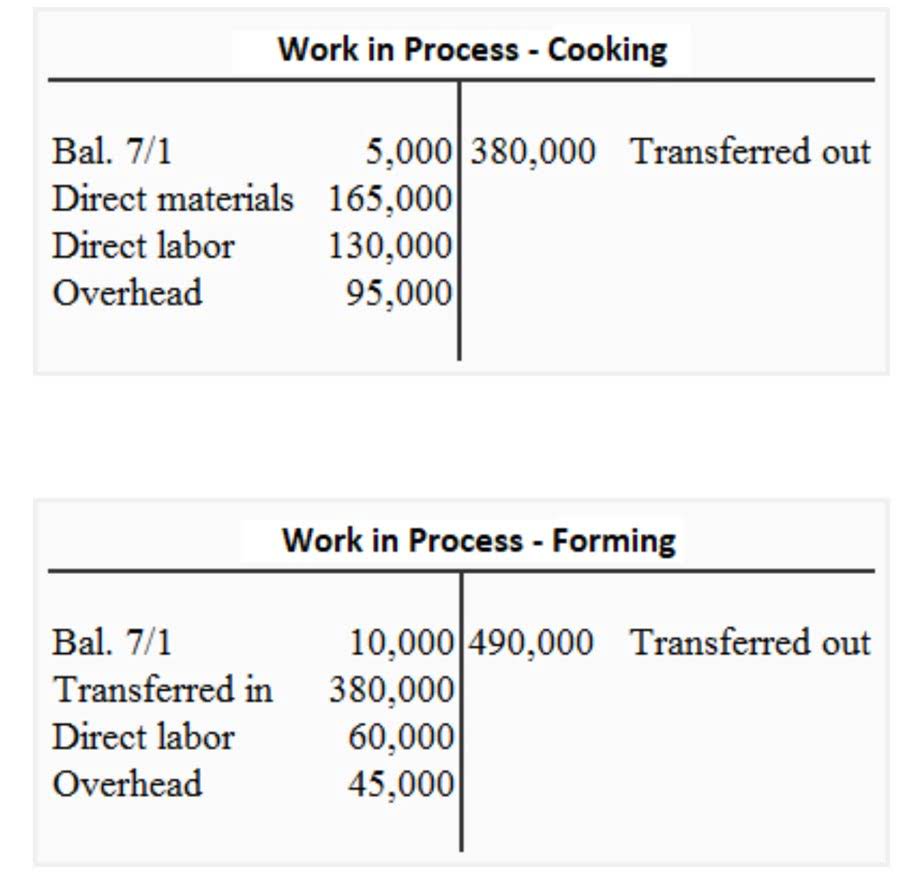
Accounting automation, artificial intelligence, and data analytics are transforming the way public accountants work. While these technological advancements bring challenges, they also open doors to new opportunities. You’ll need to master a range of hard and soft skills in order to excel in your career as a public or private accountant. Here are just a few of the hard and soft skills that are needed to maximize your success in an accounting position, including critical thinking, time management, and general business knowledge. Private accounting, on the other hand, refers to the type of accounting where an accountant is employed by a single company or organization to handle and manage its internal financial matters.

Why Do Tax Professionals Need Software-Specific Hosting Solutions: A Comprehensive Guide

It’s also a good idea to improve your interviewing skills, such as researching a company, preparing questions to ask the hiring manager, and presenting Interior Design Bookkeeping your qualifications. The manufacturing industry’s global reach adds another layer of complexity, with cross-border transactions and currency exchange considerations that require CPAs to be well-versed in international accounting standards. Public accounting, in essence, is the art and science of safeguarding the financial health of businesses, both big and small. Megha is a content writer with sharp technical skills, owing to her past experience in networking and telecom domains.
The regulatory framework of public accounting
- Business strategy consulting assists companies in developing plans to grow, expand into new markets, or adapt to changing economic conditions.
- Accountants must navigate the complexities of blockchain-based financial records and assess the accuracy and completeness of digital asset holdings.
- They face the ever-evolving landscape of financial regulations, including those related to anti-money laundering, Basel III, and Dodd-Frank.
- These accountants are involved in more specific areas like cost accounting, financial accounting, budgeting, and internal auditing.
- However, owing to the nature and scope of the work, the knowledge of a private accountant may remain limited to certain areas of accounting only.
Before conducting an audit of a public company in the United States, the PAFs need to register with the Public Company Accounting Oversight Board (PCAOB). The PCAOB regulates the audit activities of the public accounting examples public companies and is compliant with the Sarbanes-Oxley Act, 2002. Financial planning involves helping businesses create budgets, forecasts, and financial models to make informed decisions and allocate resources effectively. Risk management focuses on identifying and mitigating financial risks to protect a company’s assets and reputation.
- Adtalem Global Education is not responsible for the security, contents and accuracy of any information provided on the third-party website.
- Private accounting, on the other hand, may open doors to a number of other specializations within accounting, or different financial roles altogether.
- The PCAOB regulates the audit activities of the public companies and is compliant with the Sarbanes-Oxley Act, 2002.
- Consequently, public accounting firms may be organized around a number of sub-specialties, each of which is staffed with employees whose training and experience are highly focused.
- In a world where investors, stakeholders, and the public demand financial accountability, public accountants play an indispensable role in maintaining the integrity of financial reporting.
Can a private accountant transition to public accounting, or vice versa?
- Private accountants are not required to sit for the CPA exam, which is an optional exam for public accountants seeking CPA licensure.
- Public accounting refers to a field of accounting where accounting professionals provide a range of accounting services to businesses, individuals, nonprofits, and government agencies.
- You’ll find five examples below, including corporate accounting, forensic accounting, and working in the government, non-profit, or academic sectors.
- Her copy and content writing experience prior to this role includes education, non-profit, technology, building products, and other industries.
- This field provides critical services that keep companies running smoothly and transparently.
- This report is attached to SteelCo’s financial statements and gives credibility to the information, increasing trust among investors, creditors, and other stakeholders.
The purpose of providing such services is to ensure transparency and accuracy of the client’s financial statements. We mentioned earlier that public accounting encompasses a wide array of responsibilities, from auditing to tax services and financial advisory. So, it’s time to take a closer look at the core functions of public accountants, breaking down the major directions of their practice and the regulatory framework they work within.
Reader Interactions

For those who embark on this rewarding career path, public accounting offers a journey filled with challenges, opportunities, and the chance to make a lasting impact on the financial world. The public accountant is trained to develop proficiency in the analysis of accounting systems of companies and the validation of their financial disclosures. A public accountant must also be well versed with the accounting standards (GAAP or IFRS) governing the accounting standards followed in the preparation of the financial statements of client companies. On the other hand, a private accountant’s training helps in developing expertise in recording accounting transactions, which may include billings, accounts receivable and accounts payable, etc.
- During an audit, public accountants review a company’s financial statements, internal controls, and accounting procedures.
- It is the process through which public accountants examine and verify a company’s financial records to ensure accuracy and compliance with accounting standards.
- For example, public accounting firms may market themselves as having particular expertise in areas as diverse as initial public offerings, fraud investigations, health care auditing, and litigation support for insurance claims.
- Depending on the client’s needs and the firm’s expertise, the range of services can be much broader, including management consulting, risk assurance, forensic accounting, and more.
- The examination is not merely a test of knowledge; it assesses problem-solving abilities and the capacity to make sound judgments in complex financial situations.
- Public and private accounting can be seen as “external” accountants and “internal” accountants of a company, respectively.
- Public accounting refers to the services a public accountant or accounting firm offers to prepare financial documents such as tax returns and budgets.
They help families and individuals as well by providing valuable knowledge and advice on taxes and financial planning. Public accountants are committed to lifelong learning and follow a strict code of professional conduct. Public accounting refers to a business or an individual that provides accounting services to other firms.


Public accountants serve as the critical bridge between businesses and the financial QuickBooks world at large. Their role extends beyond numbers; they are guardians of trust, ensuring that financial information remains accurate, transparent, and in compliance with regulations. In a world where investors, stakeholders, and the public demand financial accountability, public accountants play an indispensable role in maintaining the integrity of financial reporting.
